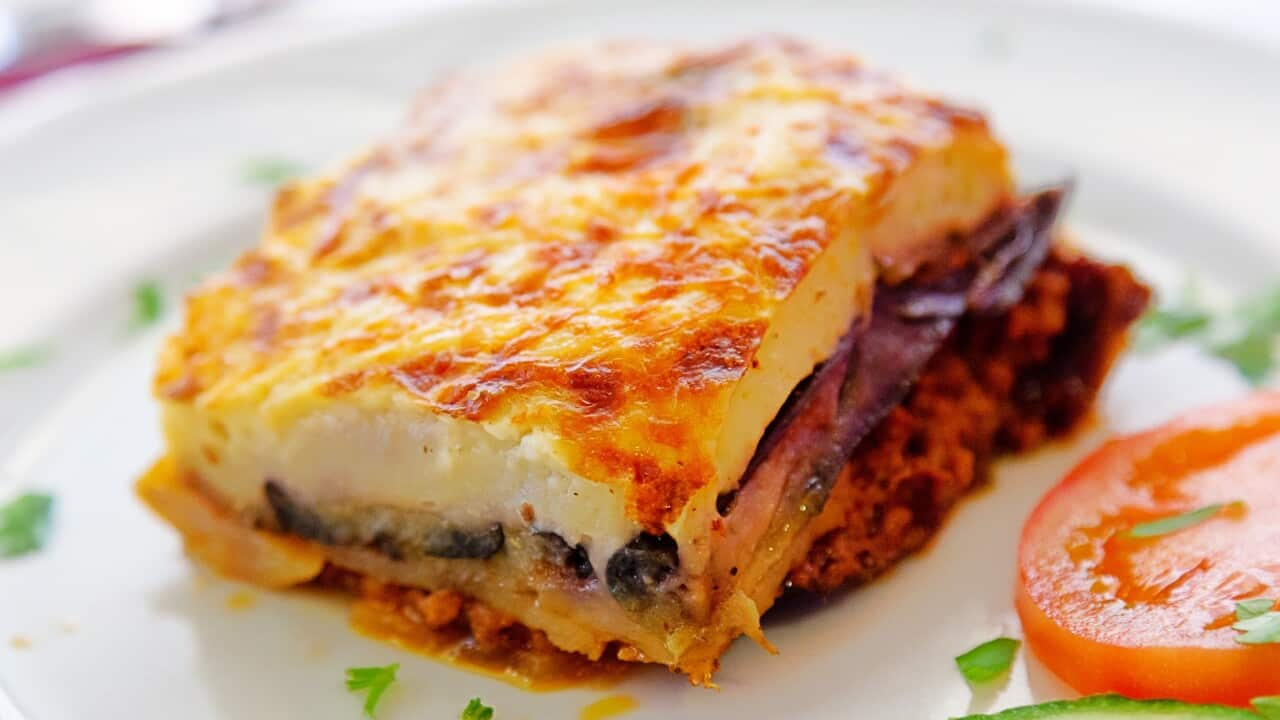We’ve come a long way since migrants brought feta, spanakopita and stuffed eggplants to Australia. Back then those dishes - along with food from the likes of Italy and Lebanon - was just for ‘wogs’.
Now the culinary traditions of Mediterranean nations make up one of the healthiest diets around and it has taken the world by storm. Among other plaudits, a recent assessment of diets by US experts saw the Mediterranean diet voted the best overall diet in 2019.
The primarily plant-based diet which makes liberal use of olive oil, fresh vegetables and fish also appears to dovetail nicely with the latest that asks for a 50 per cent reduction in the consumption of red meat and sugar for environmental reasons.
Dr Catherine Itsiopoulos is a leading researcher and published author of the Mediterranean diet. She says there are more health benefits to be gleaned from the diet than just eating healthy.
“The Mediterranean diet is one of the world’s most researched diets,” says Itsiopoulos , “particularly for its impact on prevention and management of chronic disease.”
Could regular consumption of fresh fruit, leafy green vegetables, olive oil, fish, legumes, nuts, herbs and moderate poultry and meat have a greater effect than just shrinking waistlines?
Itsiopoulos tells SBS Greek that research indicates positive effects from the Mediterranean diet on chronic illnesses including type-2 diabetes, coronary heart disease and fatty liver disease. Further, Itsiopoulos says the diet provides protection against neurodegenerative diseases such as dementia and some mood disorders.
What’s more, Itsiopoulos says that a landmark study recently demonstrated that the diet might even have the capacity to mitigate the symptoms of asthma in children.
“[In our study] we found that the children who followed the Mediterranean diet, supplemented with fatty fish, had significantly lower levels of an inflammatory marker that is specific to lung inflammation,” says Itsiopoulos, who worked on the La Trobe study in Greece with PhD student Maria Papamichael. When Itsiopoulos started researching the Mediterranean diet 20 years ago, finding certain ingredients such as extra virgin olive oil was a struggle. She and her fellow researcher at the time, associate professor Antigone Kouris, had to import olive oil and other ingredients from overseas.
When Itsiopoulos started researching the Mediterranean diet 20 years ago, finding certain ingredients such as extra virgin olive oil was a struggle. She and her fellow researcher at the time, associate professor Antigone Kouris, had to import olive oil and other ingredients from overseas.

Simply prepared fish, particularly fatty fish, is a key part of the Mediterranean diet Source: Getty Images
But these days there is an abundant supply of locally-produced extra virgin olive oil and previously hard-to-come-by leafy greens, such as amaranth, chicory and dandelion, are on the market.
ALSO READ

How to roll out homemade filo pastry
How to eat like a Mediterranean
Going Mediterranean is easier than it sounds.
Start by reducing your red meat intake, and add more colorful salads to your meals, such as Greek salad. Put leafy greens and legumes in your grains and soups and replace treats such as biscuits, chips and chocolate with nuts and fresh fruit.
Also, finding seafood - especially fatty fish - is not difficult when you know where to look. We live on a big island after all.
“Tinned fish is fine,” says Itsiopoulos, who also authored a Mediterranean diet cookbook. “Tinned fish, though, can be high in salt, so you need to choose tinned fish in spring water rather than brine.”
Cooking Mediterranean dishes is often a simple task too, thanks to the diet’s easily found and inexpensive ingredients. For example, a Greek salad contains tomatoes, cucumber, spring onions or onions, olive oil and a pinch of salt. Add some feta cheese and some sourdough or wholemeal sourdough on the side and you have a nutritious meal within minutes.
Likewise, ditch the ready-made marinades for fish, poultry and meat. Pick up a lemon and fresh herbs such as parsley or oregano (dried is also fine) and add some olive oil to the pan or grill.
For dessert, add some honey and walnuts to good quality yogurt or bake fruits such as apples, quinces or peaches then top them with whipped ricotta infused with orange marmalade. Sprinkle it with cinnamon and Bob (or Con) is your uncle!





